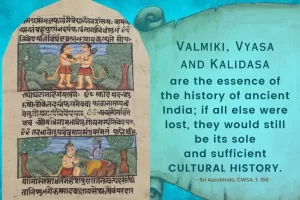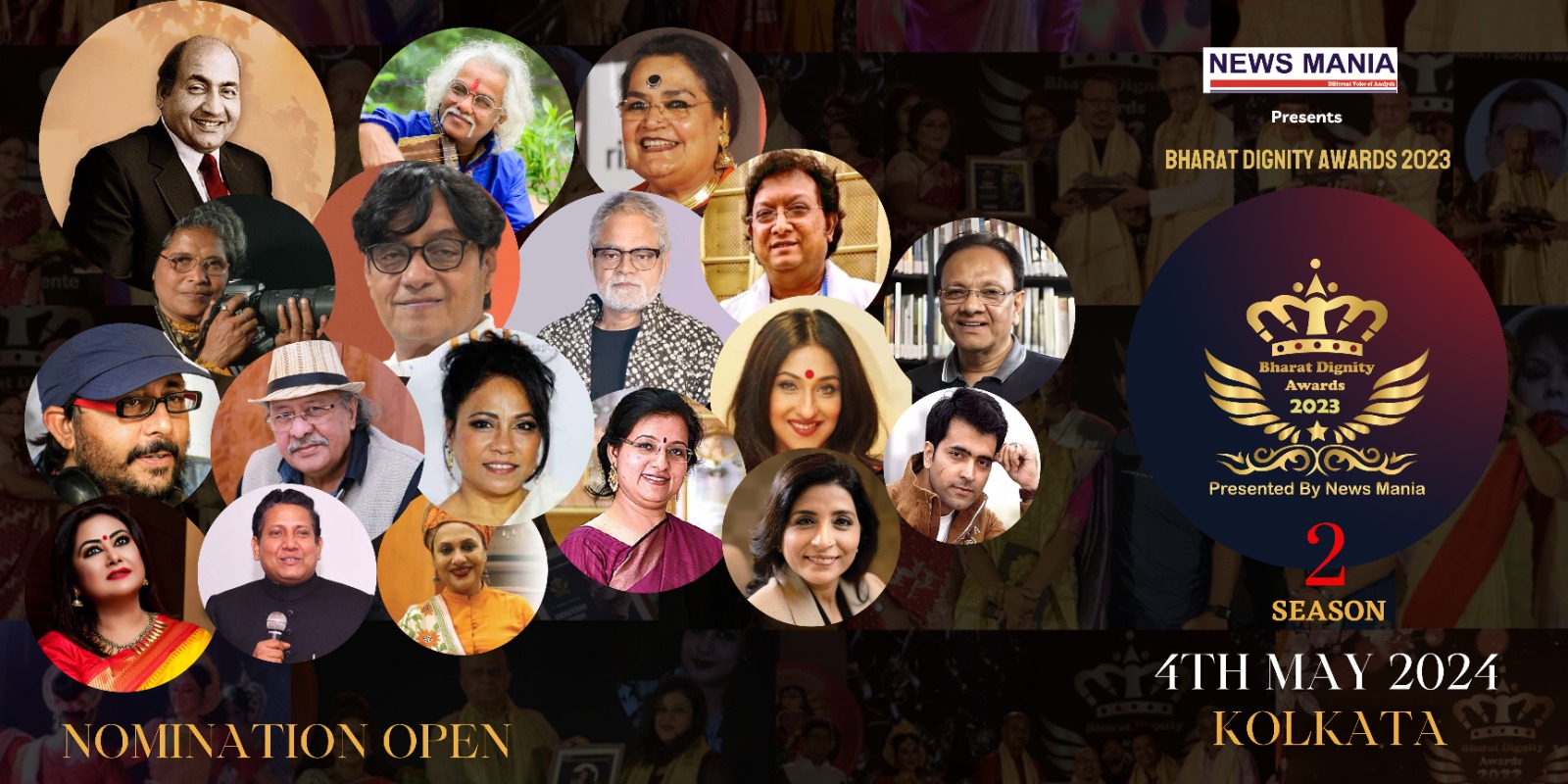Embracing Sanskrit: A Pathway to Spiritual Enlightenment and Cultural Renaissance

In his address at the third convocation of the National Sanskrit University in Tirupati, Vice President Shri Jagdeep Dhankhar extolled the virtues of Sanskrit, describing it as the language of divinity and a sacred bridge to spirituality. Emphasizing its significance as a cultural anchor in tumultuous times, he stressed that Sanskrit offers intellectual rigor, spiritual serenity, and a deeper connection to oneself and the world.
Before the convocation ceremony, Shri Dhankhar visited the revered Tirumala temple, where he felt a profound sense of divinity and spirituality. Reflecting on his experience, he expressed his belief that Tirupati is where one comes closest to the divine, seeking blessings and bliss for all.
Nestled amidst the tranquil Sheshachalam hills, the Sri Venkateswara Swamy Temple stands as a testament to India’s rich spiritual heritage. Shri Dhankhar prayed for the happiness and well-being of all citizens, acknowledging the temple’s significance as a symbol of spiritual reverence.
Highlighting the pivotal role of institutions like the National Sanskrit University in preserving and disseminating ancient knowledge systems, the Vice President urged the development of innovative curricula and interdisciplinary research to bridge the gap between Sanskrit’s heritage and modern academic needs. He emphasized the importance of utilizing digital technologies for the preservation of ancient manuscripts.

Describing Sanskrit as a treasure trove of cultural heritage, Shri Dhankhar emphasized its preservation and promotion as a national priority. He advocated for the adaptation of Sanskrit to contemporary needs, making its learning more accessible. Recognizing that the survival of any language depends on its usage by society, he called for increased integration of Sanskrit into daily life.
Despite Sanskrit’s extensive literary corpus encompassing religious, philosophical, medical, dramatic, musical, and scientific texts, its mainstream integration in education remains limited. Shri Dhankhar attributed this to a lingering colonial mindset that undermines Indian knowledge systems.
He urged students to view the study of Sanskrit not merely as an academic pursuit but as a journey of self-discovery and enlightenment. Encouraging them to become ambassadors for Sanskrit, he emphasized the importance of preserving its treasures for future generations.
The convocation also saw the conferral of gold medals on meritorious students by the Vice President. Shri N. Gopalaswami, Chancellor of the National Sanskrit University, Prof. G.S.R. Krishna Murty, Vice Chancellor, and other dignitaries graced the occasion, underscoring the significance of Sanskrit in India’s cultural and educational landscape.







